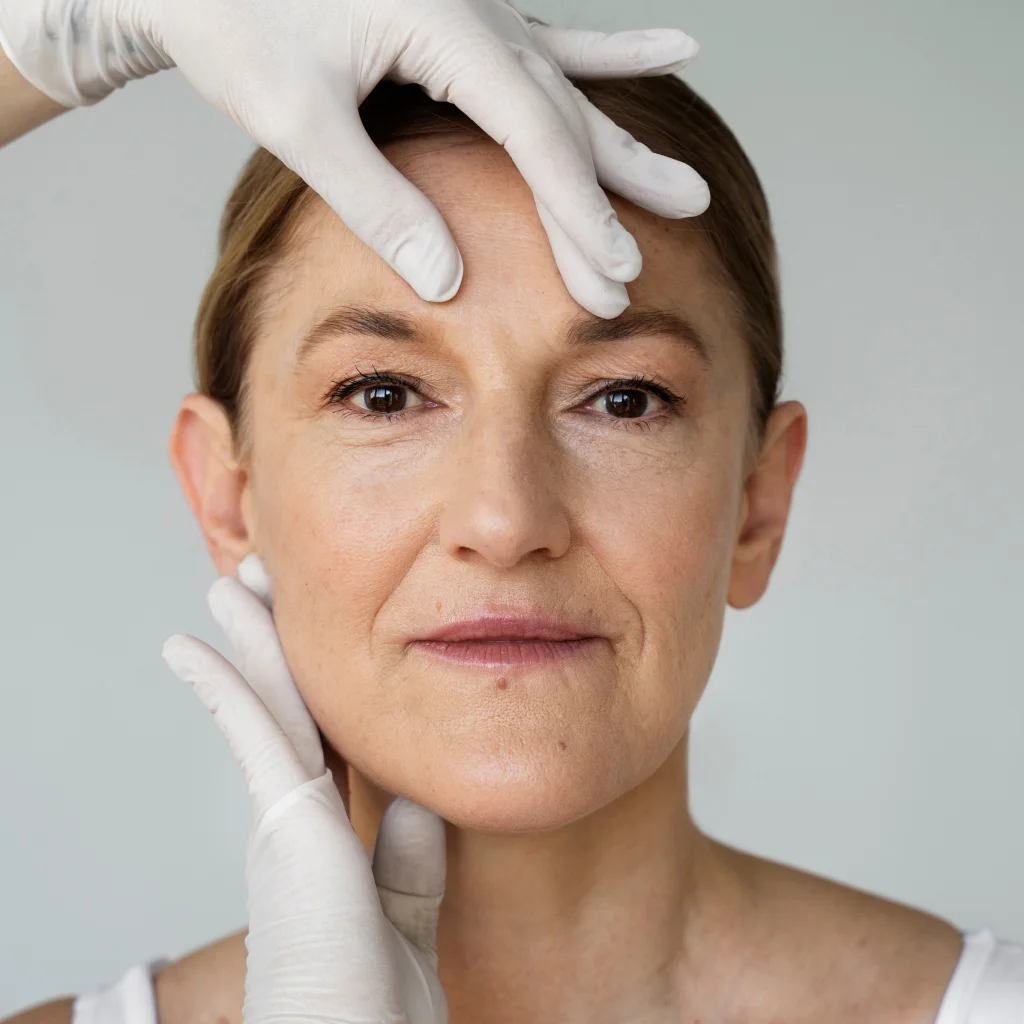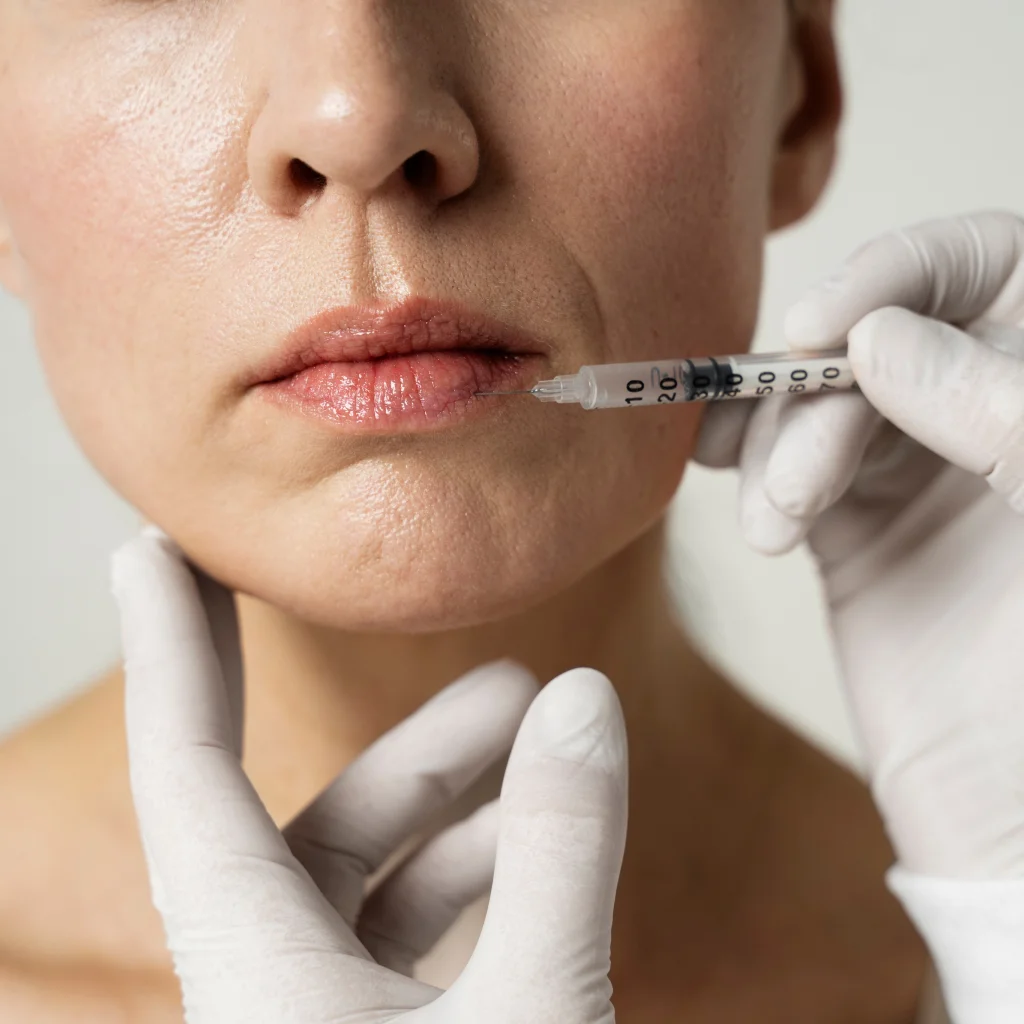As Dr. Usman Amiruddin, a dedicated plastic surgeon in Pakistan with clinics in Lahore and Dera Ghazi Khan, I’ve seen firsthand how cancer surgery can transform lives. At UA Aesthetics, we focus on providing compassionate care, especially in reconstructive surgery after tumor removal. Whether you’re in Pakistan or part of the global Pakistani community, understanding cancer surgery is crucial for making informed decisions. In this guide, I’ll explain what it involves, its benefits, and how it fits into your overall cancer treatment journey. Let’s break it down simply, so you can feel empowered and hopeful.
What Is Cancer Surgery and Why It Matters
Cancer surgery is a key tool in fighting cancer, and as a surgeon, I often explain it to patients as a precise way to target and remove harmful cells. It’s not just about cutting—it’s about healing and restoring quality of life.
Defining Cancer Surgery
Simply put, cancer surgery involves using surgical techniques to remove cancerous tissues from the body. This can range from small procedures like a biopsy to more extensive operations. In my practice at UA Aesthetics, we specialize in aspects like skin cancer removal and reconstructive surgery, ensuring minimal scarring and natural results. For many Pakistanis, early cancer surgery can mean the difference between a full recovery and ongoing challenges, especially with common cancers like breast or skin cancer prevalent in our region.
The Vital Role in Diagnosis, Treatment, and Prevention
Surgery plays multiple roles in cancer treatment. It helps diagnose by confirming cancer through samples, treats by removing tumors, and prevents by eliminating precancerous areas. According to recent data, the 5-year relative survival rate for all cancers combined is around 69% for diagnoses from 2014 to 2020, highlighting how effective early intervention can be. In Pakistan, where access to advanced care might be limited in rural areas like Dera Ghazi Khan, seeking timely surgical oncology at trusted clinics is essential. At UA Aesthetics, we emphasize preventive approaches to reduce risks for our patients worldwide.
Importance in Overall Cancer Management
Beyond removal, cancer surgery integrates with other therapies to improve outcomes. For instance, in breast cancer cases, surgery followed by reconstruction can restore confidence. Patients trust UA Aesthetics for safe, effective, and internationally recognized aesthetic procedures, guided by professional standards. This holistic approach builds trust and authority, especially for Pakistani families dealing with cultural stigmas around cancer.
Goals and Types of Cancer Surgery
Every cancer surgery has specific goals tailored to your condition. As your doctor, I’ll always discuss these to align with your health needs and preferences.
Key Goals: From Cure to Comfort
The primary goals include curative tumor removal to eliminate cancer entirely, diagnostic procedures like biopsy and staging to understand the spread, and preventive surgery to remove at-risk tissues. Debulking reduces tumor size for better response to chemotherapy, while palliative surgery eases symptoms like pain. Finally, reconstructive surgery restores function and appearance—something we excel at UA Aesthetics. For example, after breast cancer surgery, reconstruction can help patients feel whole again, with success rates over 90% for early-stage cases.
Common Types of Procedures
There are several types of cancer surgery, each suited to different needs. Open surgery is traditional, involving larger incisions for direct access. Minimally invasive surgery, like laparoscopic or robotic surgery, uses small cuts for faster recovery—ideal for abdominal cancers common among Pakistanis due to dietary factors.
Specialized Techniques
Other types include laser surgery for precise tissue destruction, cryosurgery that freezes cancer cells, and Mohs surgery for skin cancers, layer by layer removal to preserve healthy skin. In my experience, robotic-assisted methods offer precision, reducing complications. For a deeper understanding of Dr. Usman Amiruddin’s expertise, explore his detailed doctor profile.
When Cancer Surgery Is Recommended and Potential Risks
Deciding on cancer surgery depends on many factors, and I always prioritize patient safety.
Indications for Surgical Intervention
Surgery is often recommended for early-stage cancers or localized tumors where it’s most effective. If other treatments like chemotherapy are less suitable due to side effects, surgery steps in. In Pakistan, with rising cancer rates—over 170,000 new cases annually—early detection through screenings can make surgery curative. For skin or breast issues, our UA Aesthetics clinics in Lahore provide accessible options.
Understanding Risks and Complications
Like any procedure, cancer surgery carries risks, but we minimize them with careful planning. Common issues include infection, bleeding, pain, scarring, and anesthesia reactions. Blood clots or impact on nearby organs can occur, especially in extensive surgeries. Statistics show infection rates around 2-5% in well-managed cases, but at UA Aesthetics, our protocols keep these low.
Managing Complications Effectively
Bruising, fatigue, and numbness are temporary for most, but long-term effects like lymphedema after breast surgery need monitoring. I advise patients on preventive measures, such as compression garments, to ensure smooth recovery.
Recovery, Aftercare, and Combining Treatments
Recovery is as important as the surgery itself. I’ll guide you every step.
Post-Surgery Recovery Essentials
Hospital stays vary from days to weeks, focusing on wound healing and pain management. Nutrition plays a big role—high-protein diets aid repair, culturally relevant like incorporating lentils and yogurt for Pakistani patients. Physical rehabilitation helps regain strength, and emotional support is key, as cancer can affect mental health.
Integrating Surgery with Other Therapies
Often, cancer surgery combines with chemotherapy to shrink tumors pre-surgery or eliminate remnants post-op. Radiation therapy targets remaining cells, while targeted therapy or immunotherapy boosts precision. For example, surgery plus immunotherapy has improved survival in colorectal cancers.
Long-Term Aftercare Tips
Follow-up visits are crucial. At UA Aesthetics, we offer personalized plans, including scar management. To book your consultation easily, you can message us directly on WhatsApp or join our WhatsApp Channel for updates.
Advances in Cancer Surgery and What Patients Should Consider
The field is evolving rapidly, bringing hope to patients everywhere.
Cutting-Edge Advances
In 2025, image-guided surgery uses real-time imaging for accuracy, while robotic-assisted precision surgery minimizes invasiveness. Improved reconstructive techniques, like advanced flaps, enhance outcomes. Personalized surgical planning, using AI for diagnostics, is revolutionizing care—potentially increasing success rates.
Factors Influencing Your Decision
Consider cancer stage, your overall health, and preferences. Questions to ask: What are the expected outcomes? How will it affect daily life? For Pakistanis abroad, virtual consultations at UA Aesthetics bridge the gap.
Preparing for Surgery
Multidisciplinary care ensures the best results. Early detection through awareness campaigns in Pakistan can lead to 99% survival for localized breast cancer.
Conclusion: Embracing Hope Through Cancer Surgery
Cancer surgery remains a cornerstone of cancer management, offering cure, relief, and restoration. With early detection and multidisciplinary care, there’s real hope. As Dr. Usman Amiruddin, I’m committed to supporting you at UA Aesthetics. Don’t wait—take the first step toward better health.
FAQ
What is the success rate of cancer surgery?
The success of cancer surgery varies by type and stage. For early-stage cancers, 5-year survival rates can exceed 90%, like in breast cancer, emphasizing the importance of timely intervention.
What are the main types of cancer surgery available in Pakistan?
In Pakistan, common types of cancer surgery include open, minimally invasive surgery, robotic surgery, and reconstructive surgery. Clinics like UA Aesthetics in Lahore specialize in aesthetic-focused procedures post-tumor removal.
How long is recovery after cancer surgery?
Recovery from cancer surgery typically takes weeks to months, depending on the procedure. Focus on cancer recovery with nutrition, pain management, and rehabilitation for optimal results.
What risks should I know about before undergoing cancer surgery?
Key risks of cancer surgery include infection, bleeding, and blood clots. Discuss these with your surgeon to prepare, and choose experienced providers for safer outcomes.
Schedule your consultation today by calling 0322-4465542 or 0334-4541988, or send us an email at usman_adin@hotmail.com.
Stay Connected: Follow us on Instagram for real results and patient stories, and don’t forget to subscribe to our YouTube channel for expert tips and treatment insights.
📅 Book Your Consultation Today – Let’s Sculpt Your Future Together
💎 Transform Your Look. Boost Your Confidence. At UA Aesthetics, you’ll receive expert care, proven results, and a personalized journey to help you feel and look your best.
📍 Visit Us
Lahore Clinic
🏥 1001 E-1, Johar Town
🕓 Thu–Sunday
Dera Ghazi Khan Clinic
🏥 Hospital Chowk Lane 2, Opposite Trauma Center
🕓 Mon–Wed: 4 PM – 9 PM
📞 Contact & Appointments
📱 Call: 0322-4465542 | 0334-4541988
💬 WhatsApp: Message Us Directly
📢 Join Our WhatsApp Channel: Click Here to Join
📧 Email: usman_adin@hotmail.com
🌐 Learn More About Us
🌍 Website: uadaesthetics.com
📄 About Us: Learn about my qualifications, experience, and how we can help transform your look.
📲 Follow & Subscribe for Updates
📸 Instagram: @ua.aesthetics
▶️ YouTube: Subscribe Here
💡 Your Beauty, Refined. Your Confidence, Redefined.
✅ Secure your appointment today — your transformation begins with one click!






